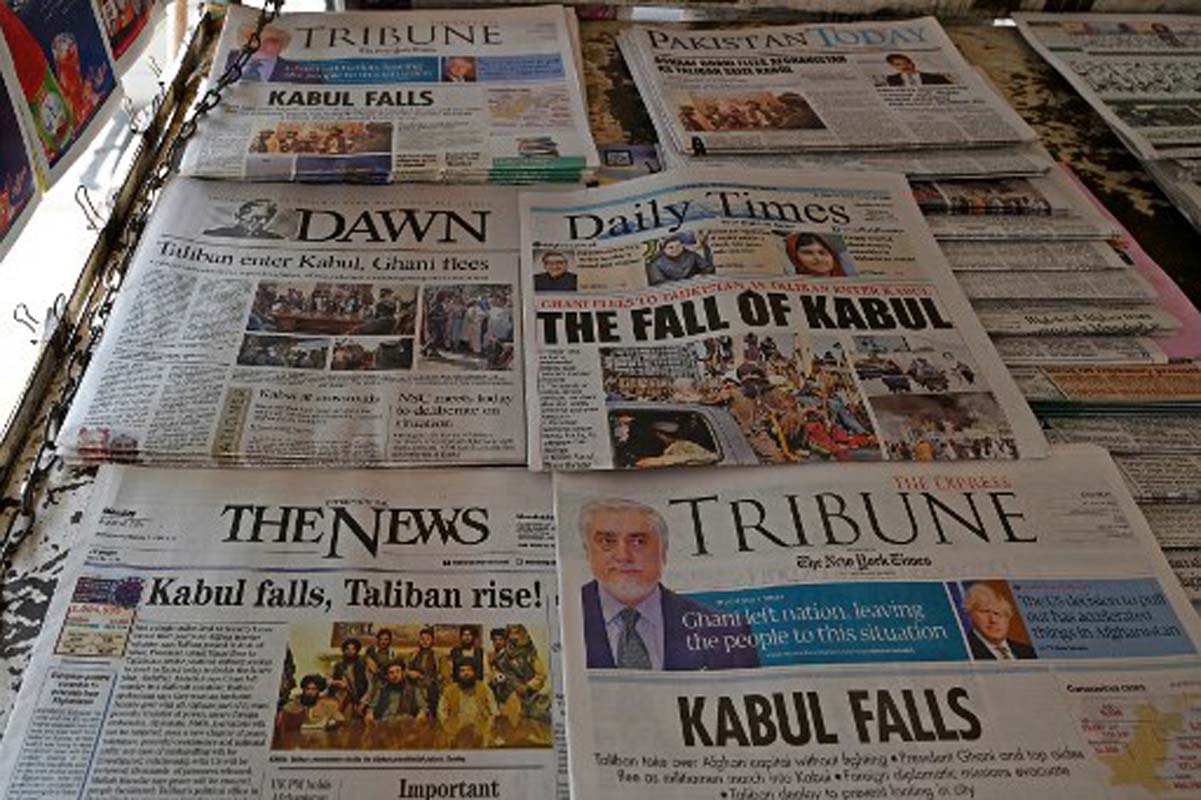
403
Sorry!!
Error! We're sorry, but the page you were looking for doesn't exist.
Military hostilities escalate
(MENAFN) As military hostilities escalate, analysts are keenly observing the deepening conflict between Tehran and Tel Aviv. Israel’s recent military offensive against Iranian territory, which occurred last Saturday and targeted multiple provinces, is a significant escalation, prompted by Iran's earlier launch of approximately 200 ballistic missiles this month. This cycle of aggression raises pressing questions about the future of their already strained relationship amid these alarming military developments.
This operation by Israel represents a pivotal moment; it is the first substantial assault on Iran since the conclusion of the Iran-Iraq War in 1988. Traditionally, Israel has limited its actions against Iran to covert strategies, including sabotage and targeted killings, steering clear of direct military confrontations. The scale and intensity of this recent attack, however, indicate a potential shift towards a more confrontational stance.
Iranian state media has reported that the Israeli operation was successfully countered, yet it also confirmed the loss of four military personnel and one civilian, highlighting the human cost of this conflict. Additionally, damage to unspecified military sites has further complicated the situation, intensifying discourse around the future dynamics of this ongoing conflict.
Professor Ali Akbar Darini, an expert in Middle Eastern studies, offers a critical perspective on Israel's motivations for this military action. He suggests that the assault is intended to re-establish Israel's influence in the region following a prior military engagement, known as Operation Sincere Promise 2. Under pressure from the United States, Israel felt it necessary to take a military stance instead of opting for inaction.
Darini also notes that, despite Israel's considerable military capabilities, it has been cautious about attacking Iran's nuclear facilities or other vital infrastructure due to the severe consequences such actions could provoke. He stresses that Israel's geographic limitations render it especially vulnerable, a reality that its leaders are acutely aware of. The recent ability of Iranian missiles to bypass Israel’s layered defense systems only highlights this vulnerability, raising alarm about the potential fallout if Iran opts to target critical infrastructure instead of solely military assets.
With rising tensions, Darini posits that the current situation has moved beyond mere deterrence, placing both nations on the verge of an escalated conflict. He asserts that Israel, empowered by U.S. support and its own nuclear arsenal, feels compelled to push Iran into a retreat, which increases the risk of further military confrontations.
This operation by Israel represents a pivotal moment; it is the first substantial assault on Iran since the conclusion of the Iran-Iraq War in 1988. Traditionally, Israel has limited its actions against Iran to covert strategies, including sabotage and targeted killings, steering clear of direct military confrontations. The scale and intensity of this recent attack, however, indicate a potential shift towards a more confrontational stance.
Iranian state media has reported that the Israeli operation was successfully countered, yet it also confirmed the loss of four military personnel and one civilian, highlighting the human cost of this conflict. Additionally, damage to unspecified military sites has further complicated the situation, intensifying discourse around the future dynamics of this ongoing conflict.
Professor Ali Akbar Darini, an expert in Middle Eastern studies, offers a critical perspective on Israel's motivations for this military action. He suggests that the assault is intended to re-establish Israel's influence in the region following a prior military engagement, known as Operation Sincere Promise 2. Under pressure from the United States, Israel felt it necessary to take a military stance instead of opting for inaction.
Darini also notes that, despite Israel's considerable military capabilities, it has been cautious about attacking Iran's nuclear facilities or other vital infrastructure due to the severe consequences such actions could provoke. He stresses that Israel's geographic limitations render it especially vulnerable, a reality that its leaders are acutely aware of. The recent ability of Iranian missiles to bypass Israel’s layered defense systems only highlights this vulnerability, raising alarm about the potential fallout if Iran opts to target critical infrastructure instead of solely military assets.
With rising tensions, Darini posits that the current situation has moved beyond mere deterrence, placing both nations on the verge of an escalated conflict. He asserts that Israel, empowered by U.S. support and its own nuclear arsenal, feels compelled to push Iran into a retreat, which increases the risk of further military confrontations.

Legal Disclaimer:
MENAFN provides the
information “as is” without warranty of any kind. We do not accept
any responsibility or liability for the accuracy, content, images,
videos, licenses, completeness, legality, or reliability of the information
contained in this article. If you have any complaints or copyright
issues related to this article, kindly contact the provider above.


















Comments
No comment